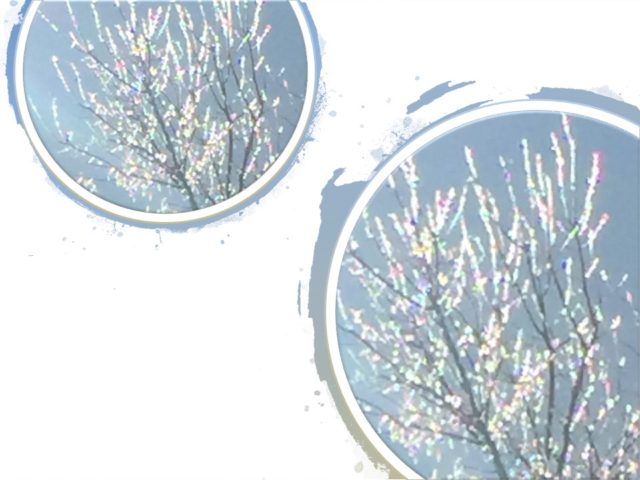
Postcard: January 27, 2020



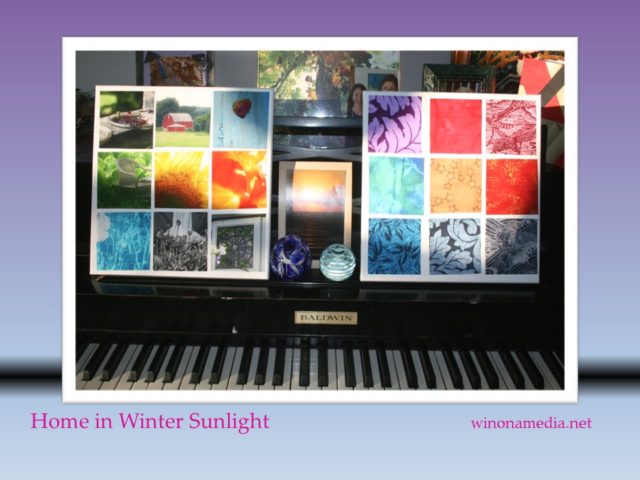
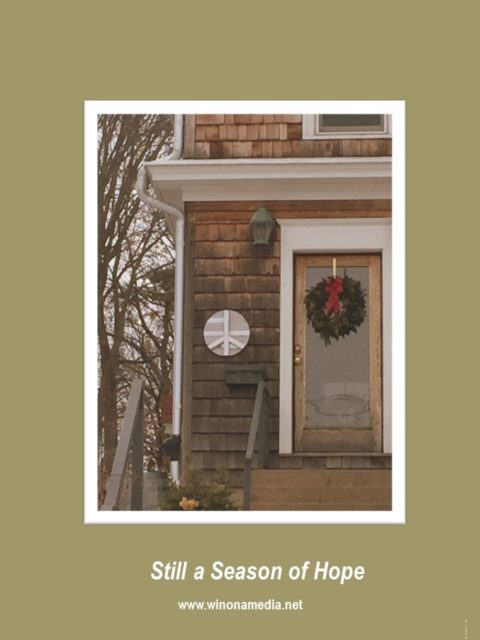
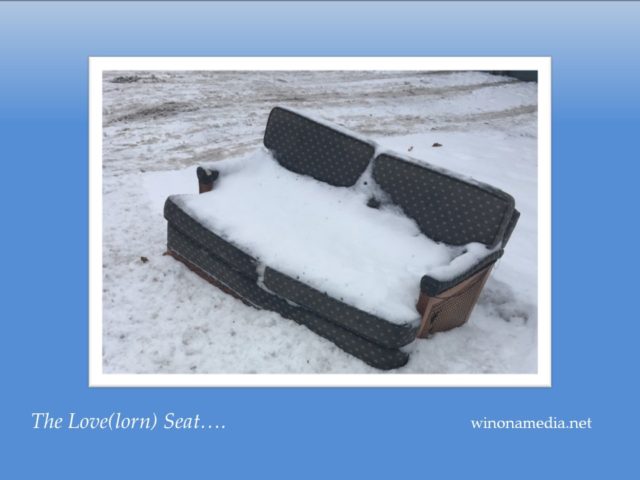
(I wrote this article in 2013 and subsequently and published excerpts of it in Girlfriends Magazine (April 14, 2014) and then read it at the Northfield Arts Guild. Recently, I ran across it and thought I would post it here.)
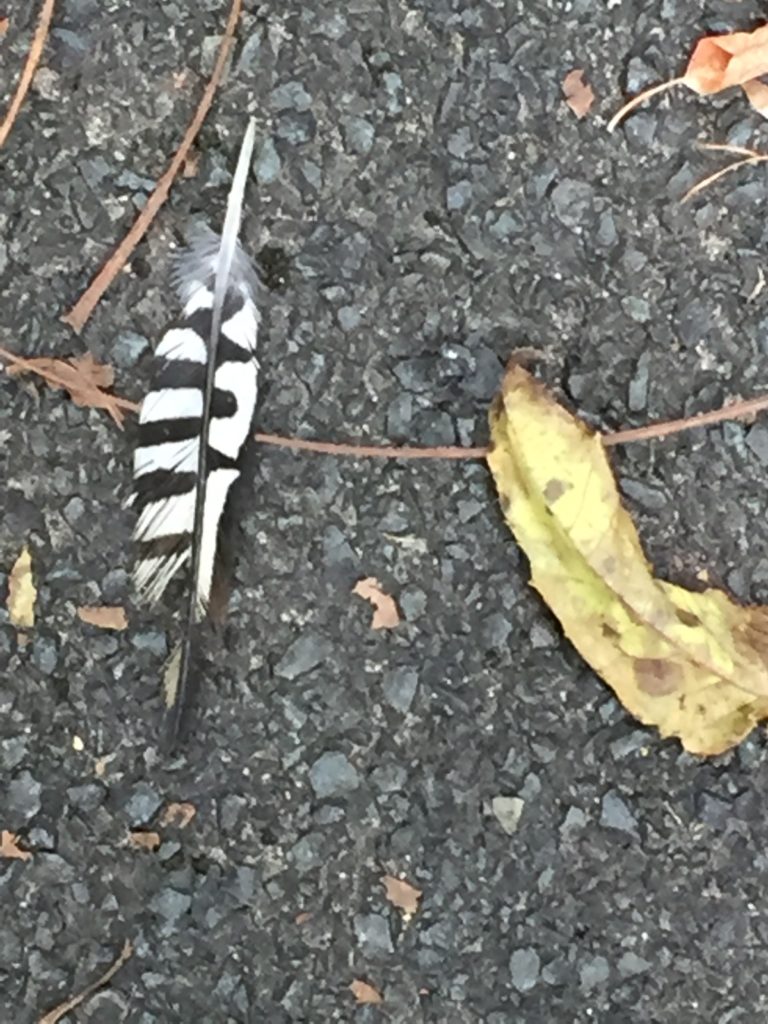
DOES POETRY MATTER?
In a word, yes. We can’t live without metaphor itself, and individual poems constitute powerful cultural riches.
Not too long ago, I received an urgent request from a friend whose husband is dying: could I bring them a copy of a poem by John Donne?
Driving home from this errand, I remembered how Tim and I chose Shakespeare’s sonnet “Let me not to the marriage of true minds/admit impediment” to celebrate our wedding. These fourteen lines are engraved in my memory now and feed the life I lead.
I also recalled that when my brother was killed at age eighteen, and I survived the eulogy by reading the concluding stanza of a classic elegy (“Adonais” by Percy Bysshe Shelley.) Written for young John Keats, these lines, “Life, like a dome of many-colored glass/stains the white radiance of eternity,” gave me a way to share succinctly my grief, my joy in my brother’s life, and my faith that there is more present than we can see.
If you don’t think poetry matters, then trying doing without it for even one day. I’m serious. No song lyrics, no stirring speeches, no proverbial wisdom, no clichés or even advertising jingles. There’d be no way to express what is not already known, no means to convey new ideas of science or art. Poetry is language at its most powerful. My own financial edge as a freelance writer is a direct gift from years of reading, reciting, writing and talking about poetry – as if the sheer fun weren’t payment enough.
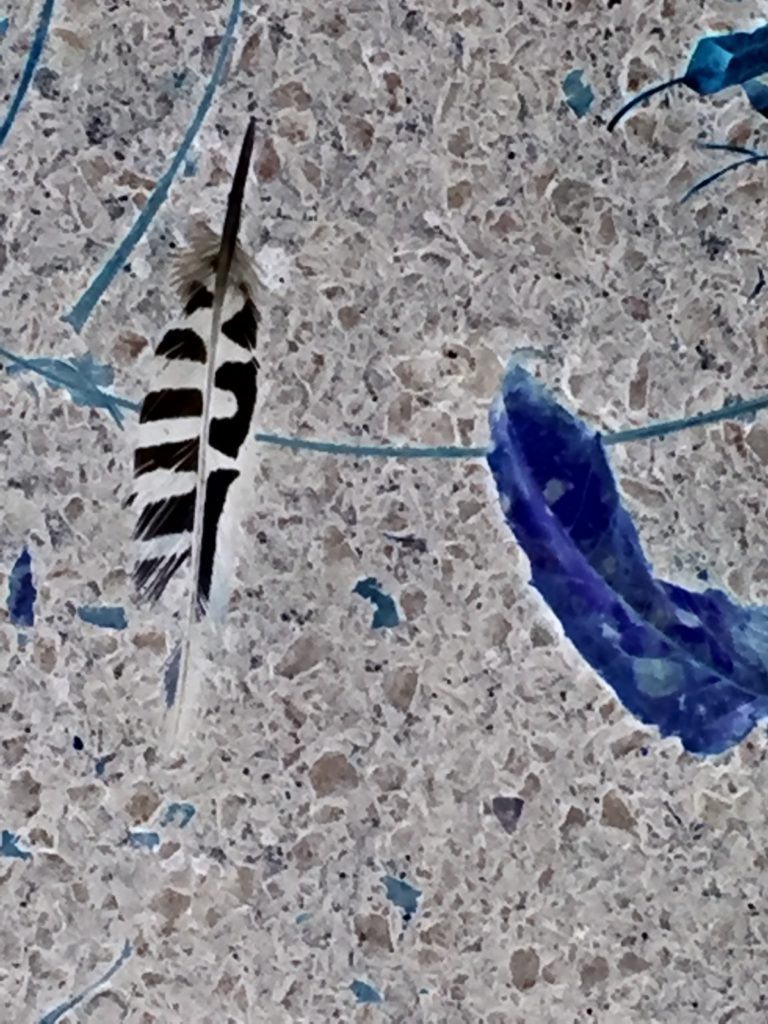
Do human beings matter? If so, then poetry matters because it is our birthright, the air we breathe. Its essence, the urge to name things and to say “this is like this,” is hard-wired into the human brain. My daughter showed me how universal and effortless it is to create metaphors. At age two, asked if she were hungry, Julia replied, “I’m not hungry. I am book-thirsty.” She loved most the picture books such as The Owl and the Pussycat that give the delights of story mixed with the joys of rhyme and meter.
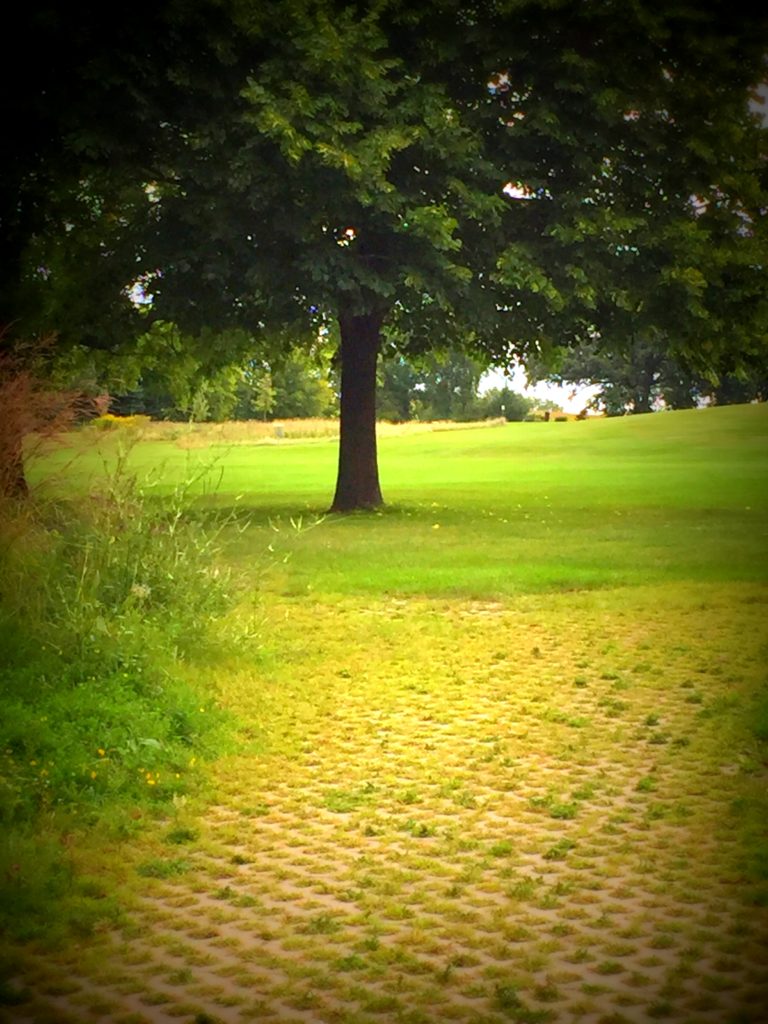
Poetry cast in metrical forms – which balance the natural rhythms of speech against a pre-determined plan of stressed and unstressed syllables – are easier than free verse to absorb. A memorized poem is a tattoo for the brain. Poetic features that aid memory have made poetry the vehicle of choice for transmitting human questions and values across the centuries, a kind of cultural GPS that allows us to pinpoint where our heart and mind intersect at any moment. That is because poetry is precise, quirkily individual, and universal, all at once. Reading, reciting, listening to, or composing poetry expands our consciousness because it requires that we stretch ourselves through language. Sometimes we struggle with poems. Sometimes they can slip easily into place “like a love letter into an envelope” in Anne Sexton’s phrase. At other times, encountering a poem can feel like falling down a rabbit hole or playing three-dimensional chess or being on a SWAT team trying to assess what is happening to the hostage behind the closed door.
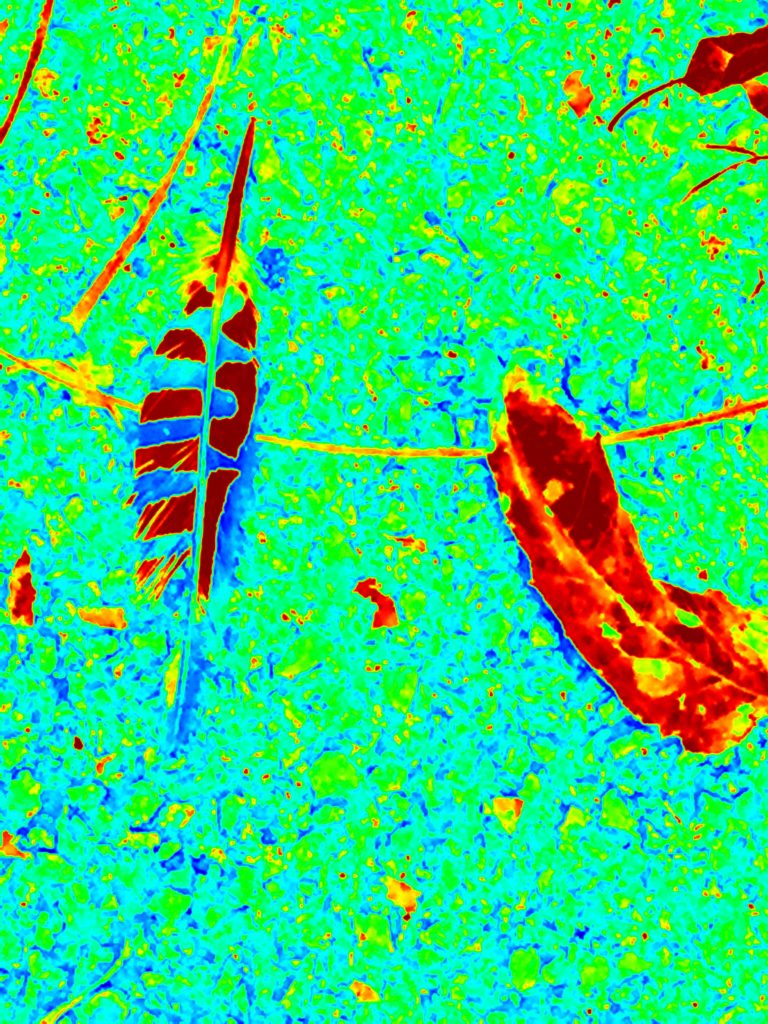
Poetry causes all of our cylinders (brain cells, memories, molecules of emotion) to fire at once, to light up the whole brain and allow us to see—in a “Eureka!” moment—old information in new ways. Poetry is Olympic-level athletic training for the mind and heart.
Some decades ago I read a groundbreaking essay that got me thinking harder about poetry. “The Neural Lyre: Poetic Meter, the Brain, and Time” [published in Poetry in 1983 by Frederick Turner (a poet and humanist) and Ernest Pöppel (a neuroscientist who studied circadian rhythms)] asserts that metered poetry is a cultural universal. and that it increases the cooperation between the left and right hemispheres of the brain. They suggest that to develop the full powers of the minds of the young, early exposure “to the best metered verse is essential, resulting in pattern-recognition, the ability to generalize from specifics, positive emotions such as love and peace, and the sophisticated sense of time and timing needed for success in worldly endeavors.” They even suggest that the loss of traditional poetry facilitates the rise of political and economic tyranny, stating, “The masses, starved of the beautiful and complex rhythms of poetry, were only too susceptible to the brutal and simplistic rhythms of the totalitarian slogan or the advertising jingle. An education in verse will tend to produce citizens capable of using their full brains coherently, able to unite rational thought and calculation with values and commitment.”
In other words, one gift of poetry – of individual poems and of a cultural body of poetry – is the way it helps us to sniff out lies while keeping our hearts open and our moral compasses true.
Leslie Schultz
